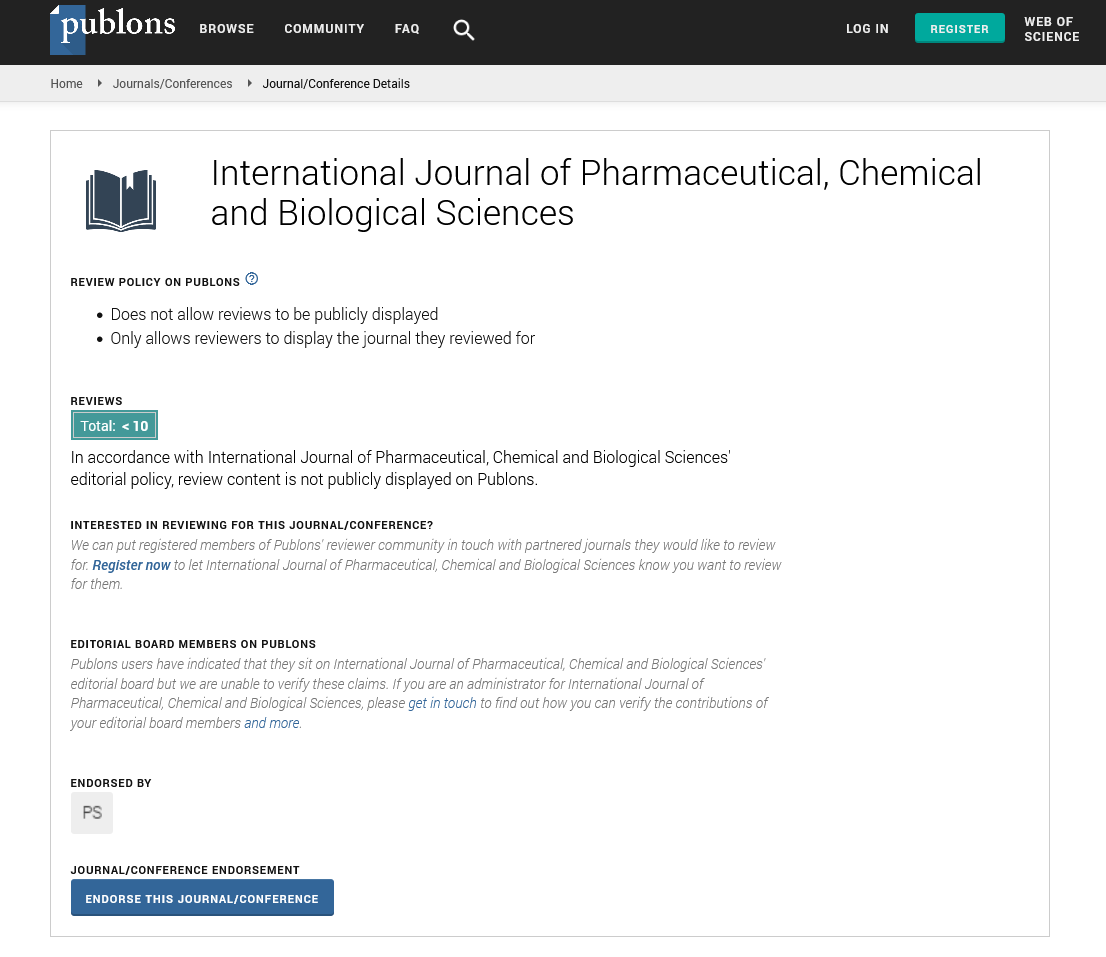Abstract
Author(s): Megha Arora*, Surabhi Yadav, Vandana Saini, Amita Yadav and Anju Jain
Background: Euthyroid state is preferred for cardiovascular system. The most common cause of cardiovascular disease is atherosclerosis. Studies have suggested anti-atherosclerotic effect of thyroid hormone but some recent clinical trials have failed to show an association between thyroid function and cardiovascular events, indicating that the relationship between thyroid hormone and atherogenesis is still not conclusive. Methods: Study was conducted on 90 premenopausal females in each group with subclinical hypothyroidism, overt hypothyroidism and healthy controls. Patients were ruled out for cardiovascular disease or any other condition which would have influenced the parameters under study. After overnight fasting, 6 mL venous blood sample was collected. hs-CRP, PAI-1, APC levels were estimated by ELISA and NO levels by modified Griess method. Results: We found that APC levels were significantly decreased and PAI-1, hs-CRP and NO levels were significantly increased in patients with overt hypothyroidism as compared to controls. APC levels were and PAI-1were not significantly different whereas hs-CRP and NO levels were significantly increased in patients with subclinical hypothyroidism as compared to controls. Conclusion: Premenopausal females are generally considered to be at lower risk of cardiovascular disease because of protective action of estrogen but chances of cardiovascular disease due to atherosclerosis increase in females with overt hypothyroidism, which represents a potential hypercoagulable, inflammatory state with endothelial dysfunction. Females with subclinical hypothyroidism also have higher preponderance of atherosclerotic risk factors like endothelial dysfunction and inflammatory state. So, we suggest early screening of risk factors of atherosclerosis in premenopausal females with hypothyroidism.

